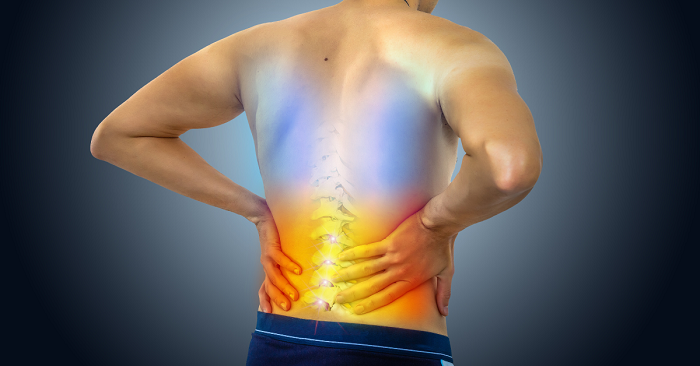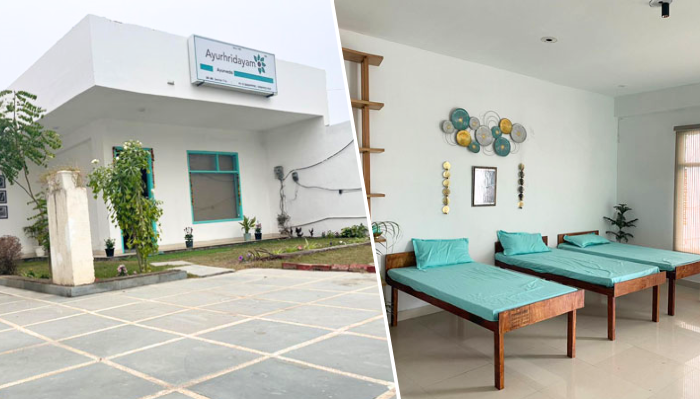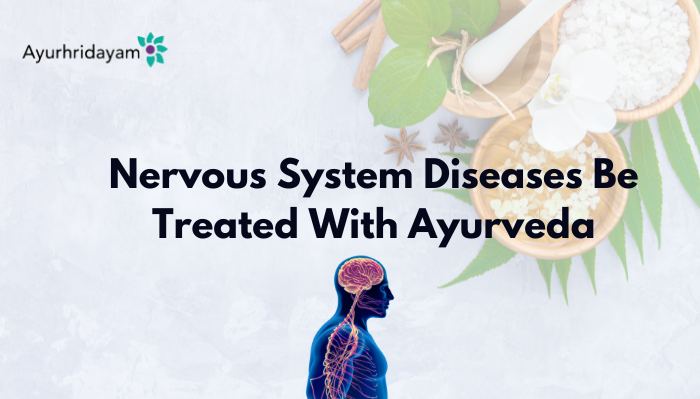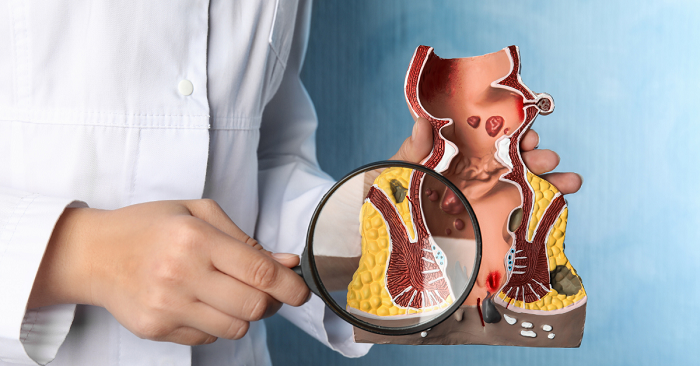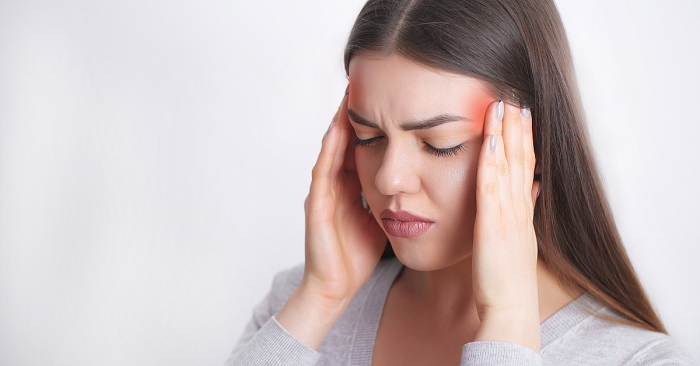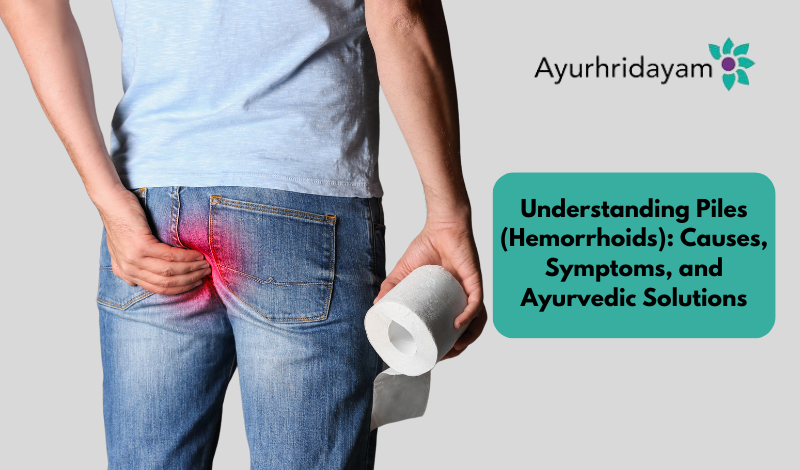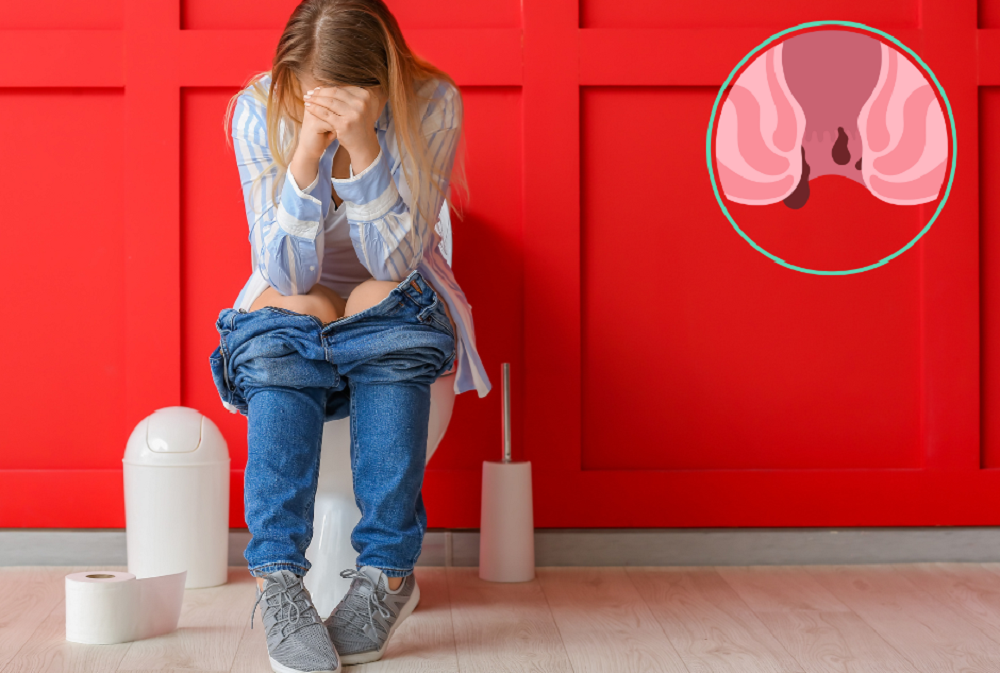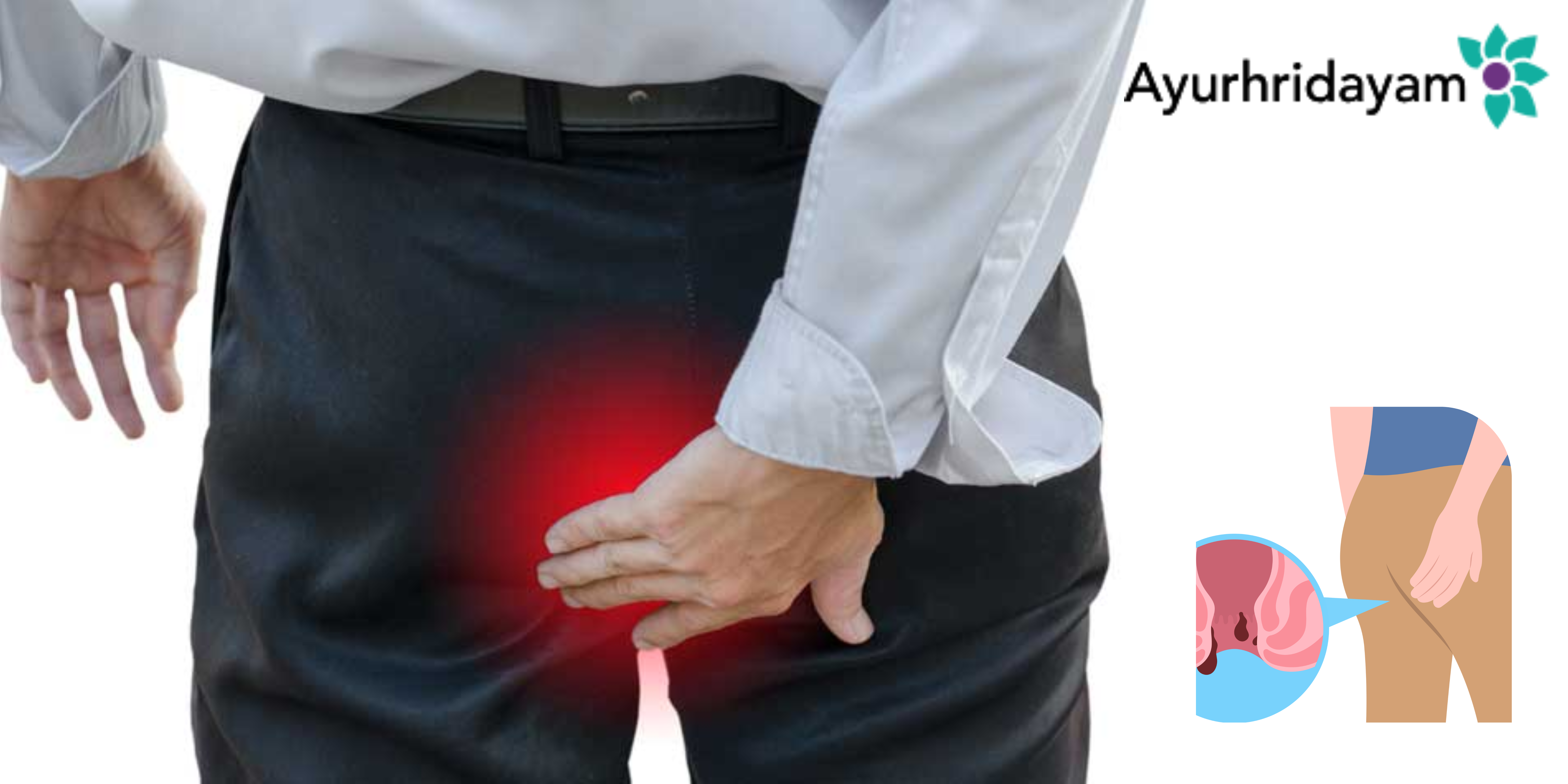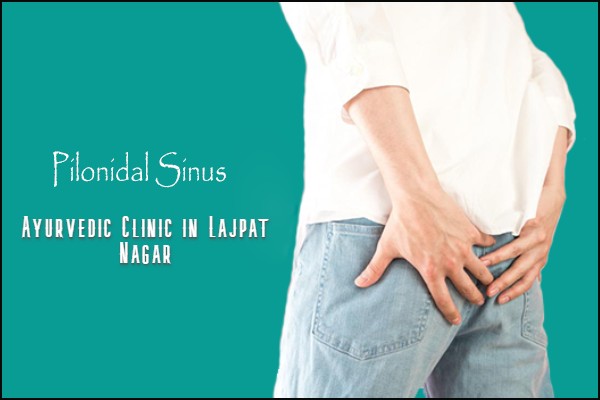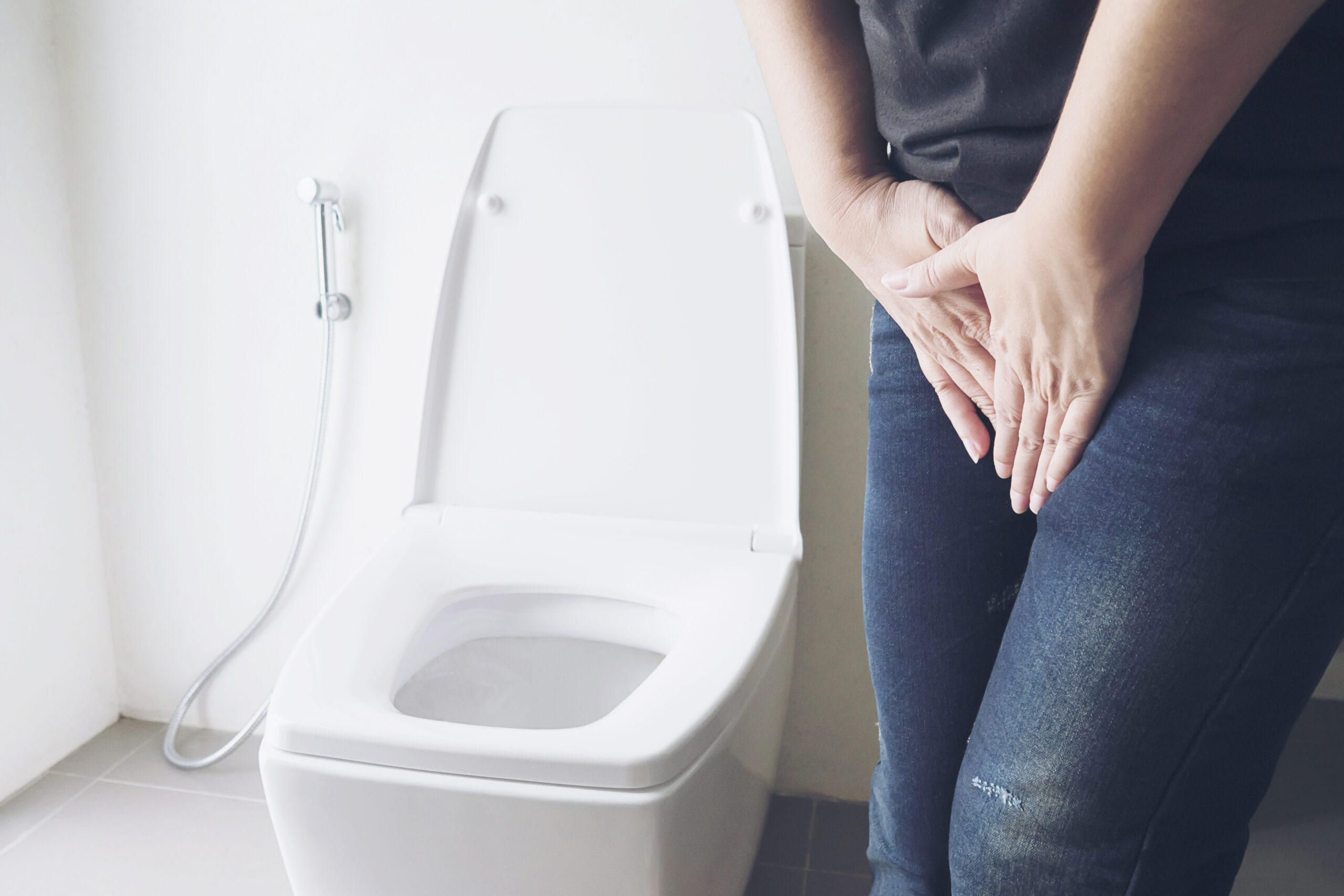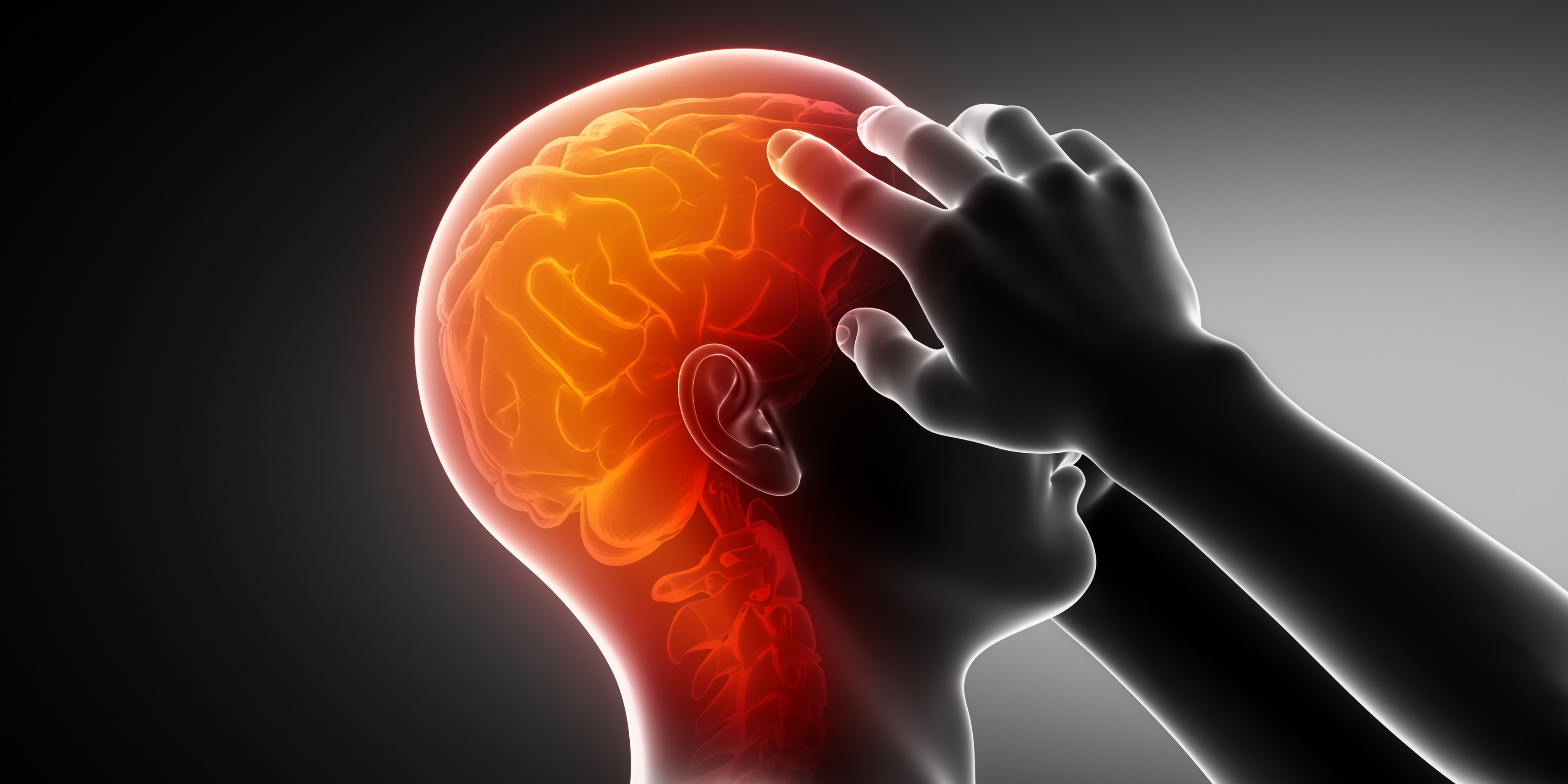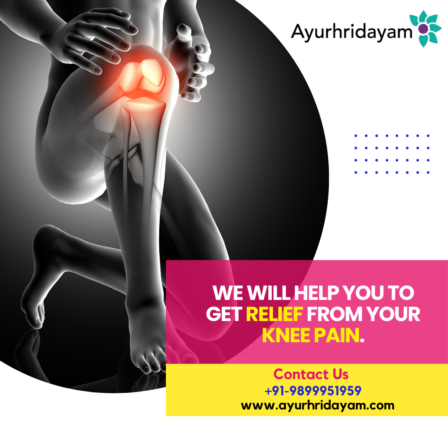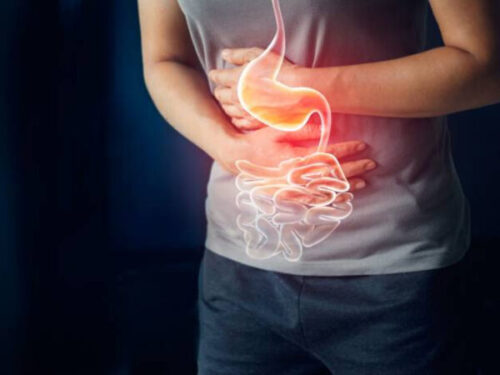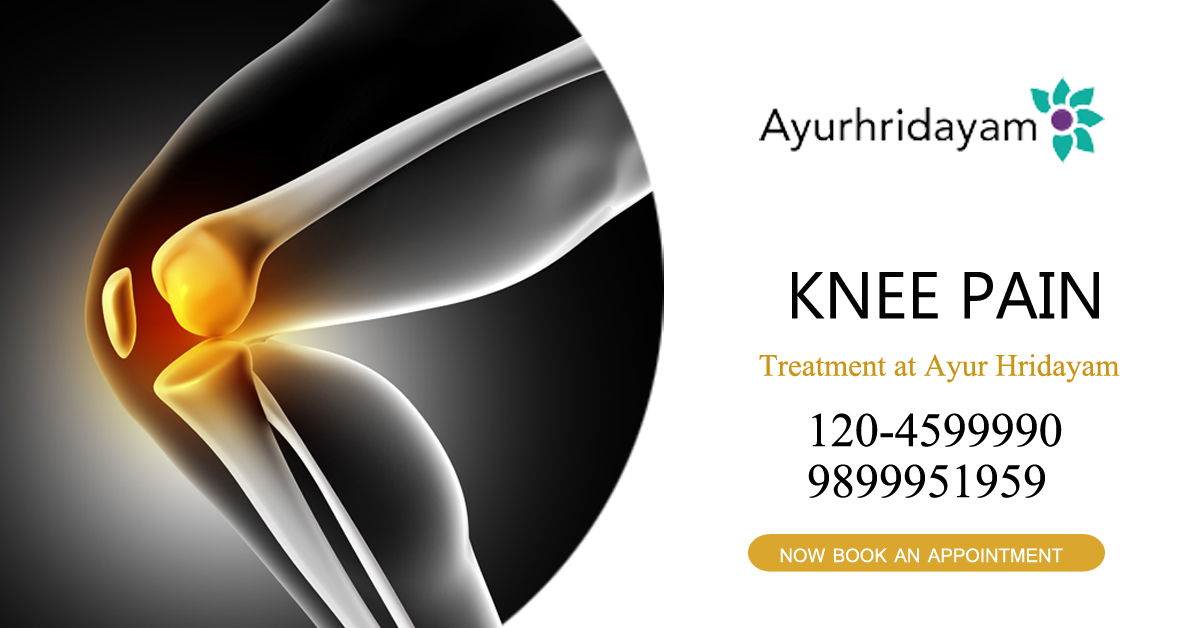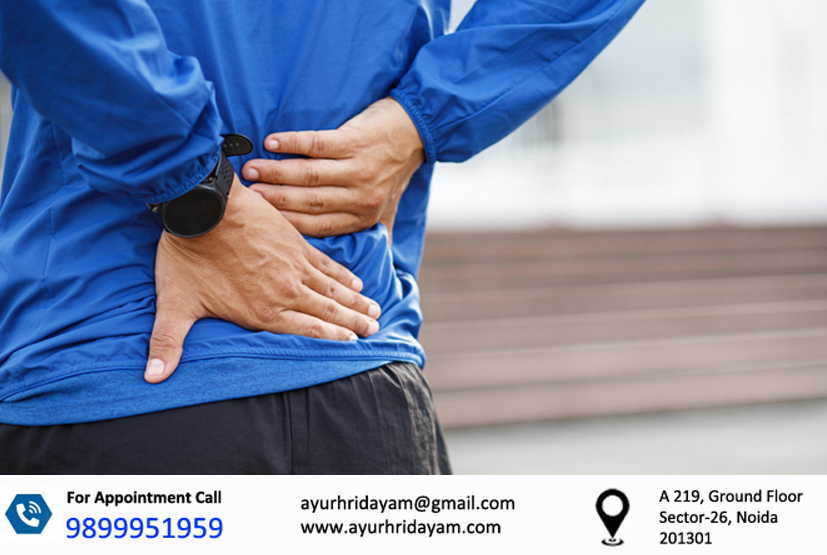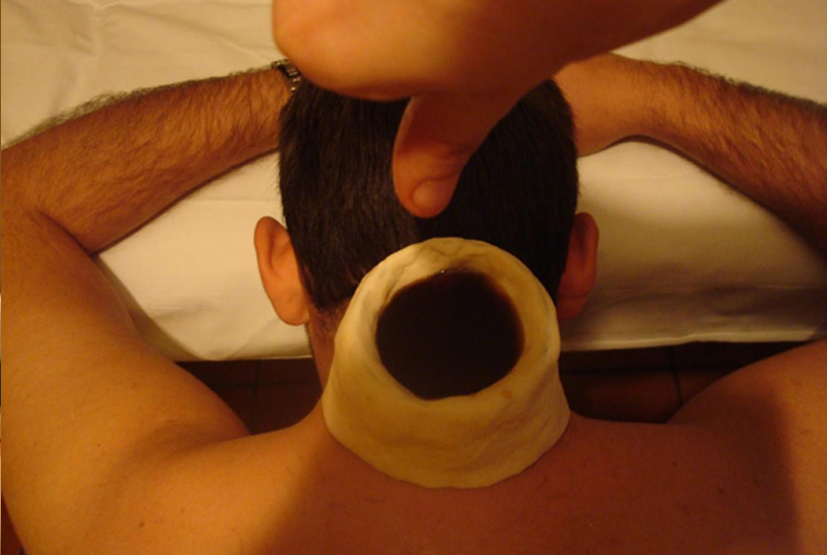Gastrointestinal Diseases Symptoms
Home / Gastrointestinal Diseases Symptoms
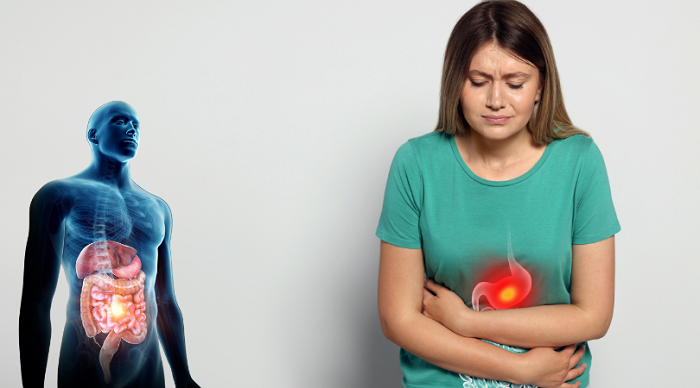
Gastrointestinal diseases (GI) refer to disorders that affect the digestive tract, particularly including the esophagus, stomach, intestines, liver and pancreas. Such GI diseases can result from infections, lifestyle factors, or genetic predisposition. Early identification of gastrointestinal diseases symptoms will enable an individual to seek the right treatment. Ayurvedic remedies and treatments are being used increasingly for proper management of Gastrointestinal diseases, as patients seek natural ways of treatment nowadays.
Common Symptoms of Gastrointestinal Diseases
- Abdominal Pain and Discomfort: The most common symptom of GI diseases is abdominal pain. The location and intensity of the pain depend on the condition. For example, sharp pain in the upper abdomen may indicate acid reflux or gastritis, whereas discomfort in the lower abdomen could signal irritable bowel syndrome (IBS) or constipation. People experiencing persistent abdominal pain should consult the best ayurvedic clinic in Noida for proper diagnosis.
- Bloating and Gas: Bloating, especially with excess gas, can be painful and also be symptomatic of IBS, celiac, or lactose intolerance. A well-balanced diet, Ayurvedic cures, and lifestyle changes generally help people manage such symptoms. Other products which may help reduce bloating and gas include probiotics and digestive enzymes that promote healthful gut flora and aid in the digestion of food. It’s extremely important to see a doctor if the condition worsens.
- Diarrhea or Constipation: Polysymptomatic diseases like GI often present with irregular bowel habits, such as diarrhea, which is loose stool, and constipation, or the inability to pass stools. In some cases, chronic diarrhea may also hint at diseases like Crohn’s disease or ulcerative colitis, whereas constipation is traditionally a characteristic feature of IBS. In such patients, Ayurveda recommends dietetic corrections along with specific herbal supplements for the better management of bowel habits.
- Nausea and Vomiting: Nausea and vomiting can be caused by all manner of GI issues. From very mild intolerance to certain foods to severe conditions such as peptic ulcers or diseases of the gallbladder. Nausea and vomiting also have other causes, so an underlying cause must be identified to know the appropriate treatment. Ayurvedic detox therapies, like Shodhana Chikitsa, are also helpful for the management of built-up toxins in the body that could be the cause of such symptoms.
- Loss of Appetite: Loss in appetite is another feature of a GI-related pathology, which is normally attributed to chronic conditions that present the patient with gastritis, hepatitis, or liver-related illnesses. If you start having a persistent loss of appetite, it is also beneficial to seek a proper diagnosis to avoid nutritional inadequacies. A lot of times, psychological factors leading to increased tension or anxiety can as well reduce one’s appetite.
- Unintentional Weight Loss: Untimely and unexplained loss of weight might be a symptom of serious diseases such as GI disease. If there is unexplained weight loss without any change in diet and exercise, then it is important to approach a doctor to diagnose the actual cause. Often, failure to provide proper attention to such unexplained weight loss leads to serious complications in health; thus, immediate measures to address such a symptom would be advisable.
- Back Pain: Although back pain is not a direct symptom, certain GI disorders, such as pancreatitis or peptic ulcers, may cause back pain. It can occur due to inflammation in the digestive tract or referred pain from internal organs. To remedy this, one can get a back pain treatment in Noida. In this way, medical attention can address both the discomfort of the back pain and any possible GI issues.

Frequently Asked Questions
Q1. What are some common symptoms of gastrointestinal diseases?
A1. Symptoms of GI disease can range widely, from abdominal pain to bloating, diarrhea and constipation. In case these signs worsen, one is advised to seek medical attention.
Q2. How are gastrointestinal diseases diagnosed?
A2. Diagnosis of gastrointestinal diseases include the patient’s medical history, physical examination, and laboratory tests such as blood or stool samples to perform endoscopy or colonoscopy.
Q3. What is the best Ayurvedic treatment for digestive problems?
A3. Panchakarma treatment is most effective in the management of digestive problems as it detoxifies the body, balances digestive enzymes, and strengthens the gut.




